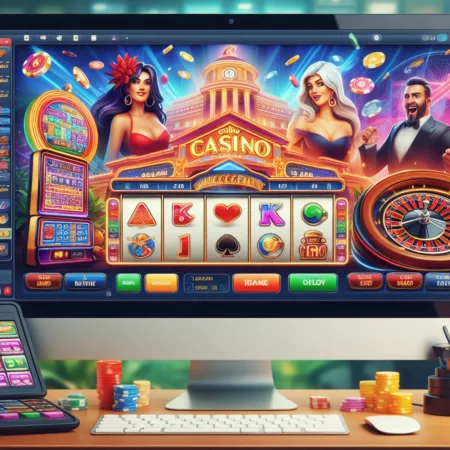Virtual reality (VR) is a groundbreaking technology steadily revolutionizing numerous facets of our lives. One aspect that VR significantly impacts is online chatting and social interactions. This article explores how virtual reality is transforming the landscape of online socialization, focusing on its manifold benefits.
Immersive and realistic experiences
Traditional online chat platforms perhaps lack the personal touch and depth of face-to-face conversations. However, VR bridges this gap by providing a more realistic and immersive experience. Wearing a VR headset, users can enter a virtual space where they interact with the avatars of other participants – this immersion creates a sense of physical presence, resulting in more engaging and meaningful conversations. A study revealed that participants in VR chat rooms reported higher social presence and satisfaction levels than traditional online chat platforms.
Enhanced non-verbal communication cues
Body language and facial expressions are vital for effective communication. Unfortunately, traditional online chatting often lacks these cues, leading to a plethora of misunderstandings. VR circumvents this issue by enabling users to express themselves through gestures, body movements and facial expressions. This feature enhances the overall communication experience, fosters empathy, and builds stronger social connections.
Unique shared experiences
VR offers the opportunity for unique shared experiences within virtual environments. Users can interact in real-time scenarios – such as virtual concerts, games or travel destinations. These shared experiences foster community and togetherness, transcending physical distances. A study found that shared VR experiences positively impact social bonding and feelings of “closeness” among participants.
Empowerment of individuals with disabilities
VR empowers individuals with disabilities or mobility restrictions to participate in social gatherings, meetings or events, breaking down barriers and promoting inclusivity. This accessibility opens opportunities for those who may have felt isolated or excluded in traditional social settings.
Future possibilities and ethical considerations
As VR technology advances, there will be further innovative applications in the future, along with significant improvements in online chatting and social interactions. Realistic avatars, immersive environments and haptic feedback are just several examples of the possibilities. However, it is crucial to establish ethical considerations and guidelines to protect user privacy and prevent misuse as VR becomes more prevalent.
Final thoughts
The potential of VR to connect people in new and unprecedented ways bridges the physical and digital realms, creating a more connected and vibrant online social landscape. As we embrace this technology, we must harness its potential while being mindful of the ethical implications.





